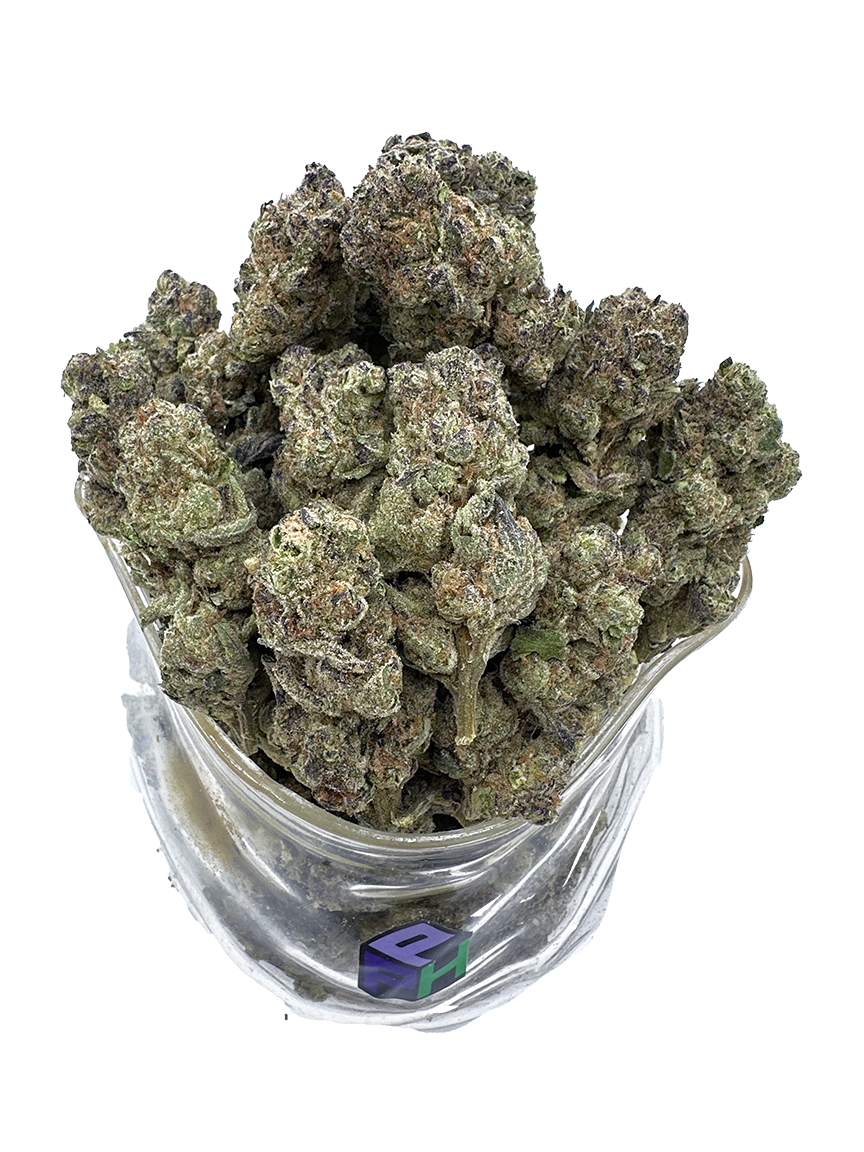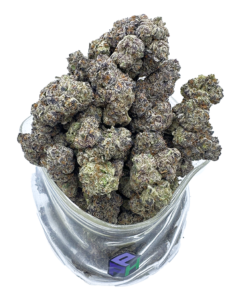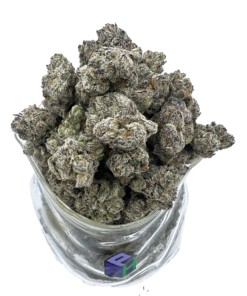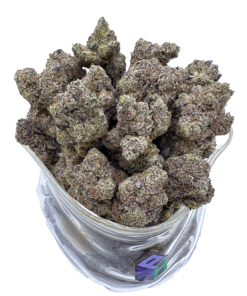1oz or 2oz Special: Slaughtermelon – CERTIFIED CHRONIC
$140.00 – $260.00
Slaughtermelon is a sativa-leaning hybrid (approximately 65% sativa / 35% indica) bred for vibrant euphoria, sensory uplift, and juicy melon flavor that hits like a summer fruit massacre.
THC levels average 26–31%, producing an immediate headrush of giggly energy before easing into a steady body float.
Premium Indoor Grown | Full-Size Nugs | Top-Shelf Quality
Description:
Our Chronic Indoor Ounce deal delivers high-quality cannabis cultivated in fully controlled indoor environments. Expect full-sized, sticky nugs with loud aroma, strong effects, and smooth smoke every time. Grown with precision lighting, airflow, and nutrients, this flower stands out for its bag appeal, potency, and flavor. No shake, no fluff — just top-tier buds at a steal.
$180 for a full ounce (28g) of premium indoor flower.
Limited drops. Rotating strains. Always fire. 🔥
🌱 What Is “Chronic Indoor” Weed?
Indoor-grown cannabis is cultivated in highly controlled environments with artificial lighting, optimized temperature, humidity, and airflow. This allows for:
-
Higher potency (stronger THC and terpene profiles)
-
Denser, more resinous buds
-
Better flavor and aroma preservation
-
Aesthetic appeal (crystal-coated nugs with vibrant colors)
This is what most people think of when they hear “top shelf” flower.
🆚 How It Differs from Smalls & Deps
Smalls:
-
Same strains, just smaller popcorn-sized nugs.
-
May lack the visual appeal, but still smokeable — often at budget pricing.
-
Less potent per gram, less bag appeal.
Deps (Light Deprivation):
-
Grown in greenhouses using sunlight with blackout tarps to control light cycles.
-
Can be high quality, but often lacks the potency and terpene depth of indoor flower.
-
More affordable due to lower production costs, but also less consistent.
💡 Why Pay More?
The Chronic Indoor Oz is for smokers who care about:
-
A smoother, tastier, more potent high
-
Aesthetic and nose appeal
-
Getting the most bang out of every bowl or roll
If you’ve been grabbing $100 ounces and wondering what better flower feels like — this is your upgrade.










Reviews
There are no reviews yet.